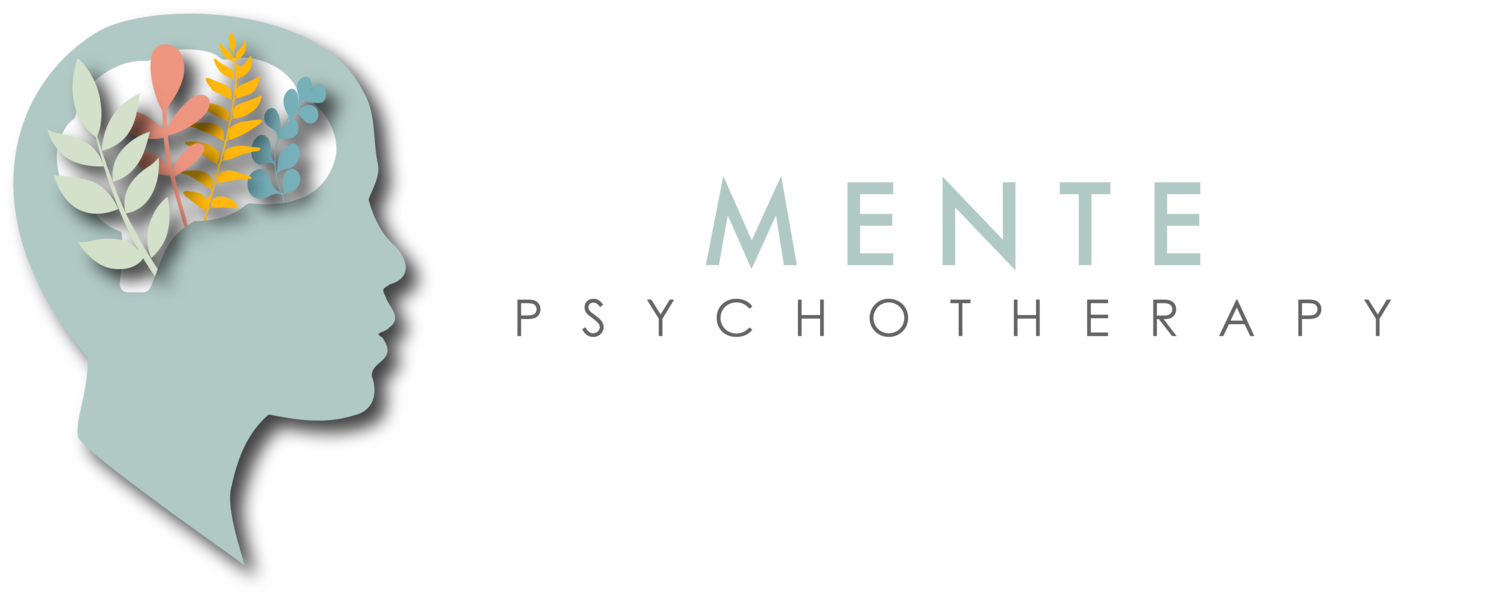Couples Therapy, what to expect
Couples therapy is different to individual therapy. Couples do not take the decision lightly to allow a therapist to help them change. It takes time and expense, but the investment can save and develop one of the most important parts of your life. Usually, couples are at a crisis point and either communication has broken down and/or trust has been lost.
Couples come expecting to fix a problem and the partner will do most of the change, however, it is about understanding the part the individual plays in being part of the partnership they want. The main aim is to increase knowledge about yourself, your partner and the patterns of interaction between you and how to break ineffective patterns to create new ones.
I use an integrative approach using evidence based methods that allow me to lead the couple to make change in their unique relationship.
“You will each come with a highly developed narrative about what is going on and I am here to disrupt that. Sometimes that will be uncomfortable and you maybe defensive”. That is ok… that is why you choose to hire me!
I work by having a short initial call to understand what is causing you both distress. We then have a 50 minute joint session followed by an individual 50 minute session with each partner to allow me to make sure you are heard and I can assess and then share how treatment will progress.
I usually recommend 6-12 sessions after the assessment. This can be longer. Please feel free to ask for more information on what to expect from couples therapy. Sessions are 80 minutes each.
Intensive couples therapy, an alternative option when weekly sessions are not enough.
Intensive couples therapy is a focused, time-concentrated therapeutic approach designed to help couples address significant relationship issues in a shorter span of time than traditional weekly therapy. This method involves extended sessions- lasting several hours each day.
This typically looks like two and half consecutive days, with monthly follow up of half or whole days for 2-6 months.
The aim is to quickly identify and work through deeper-rooted problems. This type of therapy can be particularly beneficial for couples facing crises, significant conflicts, or major life transitions, offering you the opportunity to make substantial progress in a condensed timeframe.
Here is an overview of the therapeutic approaches I am trained in and select from when working with each couple. Please feel free to ask about my experience.
Emotionally Focused Therapy EFT - attachment science in practice
Emotion has a deep logic to it. Learning about the science of attachment from childhood, bonding and how we use this as a compass to guide our steps as we move with others through life. Used predominantly with couples and individuals who seek to understand why their relationships have repeat patterns when under stress.
Emotional regulation, neuroscience
Having the ability to recognize when either one of you is emotionally dysregulated is key. The skill is then helping each other co-regulate instead of making it worse for each other.
Evidence based knowledge of how our nervous systems operate allow us to work with breath, signaling and mindfulness to find safety in each other. Balancing mind and body.
Relationship development model
Development of relationships needs us to really understand the evolution of each partner, as well as the growth of the relationship. This makes couples strong enough to manage differences and conflict over their lifetime.
Working with differentiation theory helps you face balancing autonomy and togetherness, being yourself while staying deeply engaged with your partner. This involves recognizing your own thoughts, feelings, and values while respecting your partner's.




